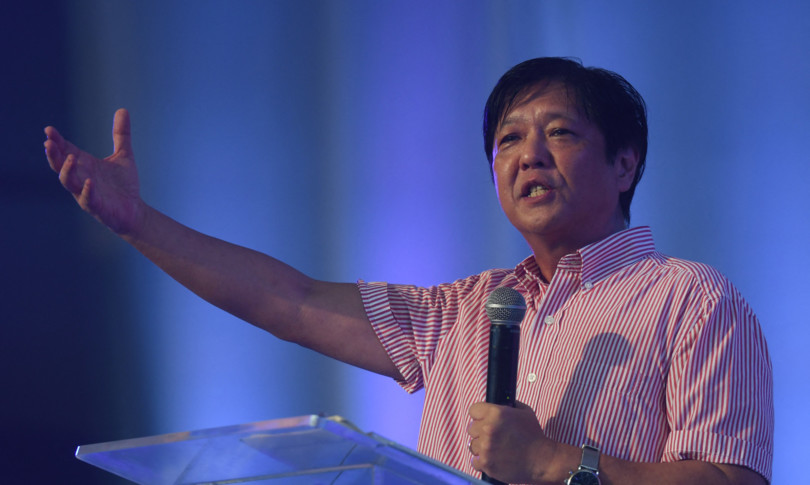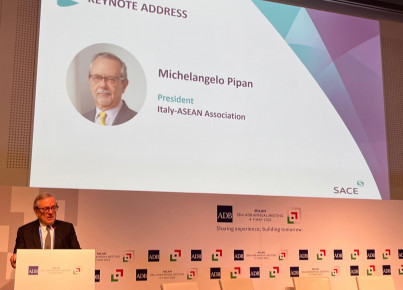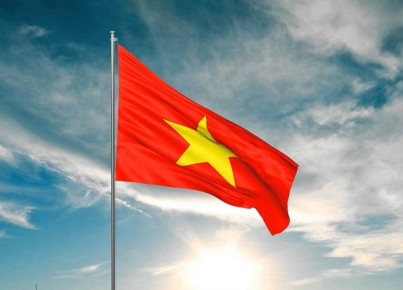The son of Manila's former dictator has declared his support for an "independent foreign policy," using an expression coined by Duterte that can be translated into strategic ambiguity with pro-Chinese overtones
By Lucia Gragnani
Rodrigo Duterte's era as president of the Philippines has come to an end. After six years marked by the fight against drugs domestically and an ambiguous policy internationally, the former president officially retired from political life. With the May 2022 elections, he was succeeded by Ferdinand Marcos Jr. known as Bongbong. Despite the Marcos family's grim history, marked by 14 years of military dictatorship led by his father Ferdinand Marcos, Bongbong managed to bring home an unprecedented victory since the end of the dictatorship.
The 90-day campaign, marked by an Orwellian-style effort to rehabilitate the image of the Marcos family, paid off. With Sara Duterte in the vice presidency, the 2022 elections proved to be a victory for Philippine political dynasties and an own goal for Manila's democracy.
During his campaign, Duterte had declared South China Sea issues a priority, putting them to dictate relations with China. In fact, Philippine-China relations have developed relatively positively, with Manila turning its strategic gaze more toward Beijing and less toward Washington in the early years of his presidency.
The foreign policy of the newly elected Marcos is of the same matrix. Indeed, he too has declared his support for an "independent foreign policy," using an expression coined by Duterte, which can be translated into a strategic ambiguity with pro-Beijing overtones. On the campaign trail, Bongbong announced he wanted to intensify bilateral relations with China, and to negotiate an agreement to overcome disputes in the South China Sea, stalled since arbitration in 2016.
The tribunal, addressed in 2013 by the Philippines against China at the United Nations Convention on the Law of the Sea (UNCLOS) tribunal, had declared Beijing's historical claims as unlawful, and denounced China's belligerent behavior in the South China Sea. The outcome, seen by the Philippines as a victory, had been promptly rejected by the other side.
Disputes regarding sovereignty over South China Sea formations remain the main obstacle in relations between Manila and Beijing, and have helped make Duterte friendlier toward Washington during his last years as president. Among the Association of Southeast Asian Nations (ASEAN) countries that claim waters and islands in this maritime basin, the Philippines and Vietnam are the most exposed to confrontation with China.
In April, Manila and Washington conducted the most massive military exercise in seven years. The Balikatan, in Tagalog "shoulder to shoulder," mobilized about 9,000 Philippine and U.S. military personnel in the Luzon area. Besides the United States, another strategic partner is India, a rival country to Beijing, with which the Philippines held naval exercises in the South China Sea in 2021.
To ease tensions between ASEAN and Beijing, 2022 should see the signing of the long-awaited Code of Conduct for the South China Sea. The document aims to reduce the likelihood of conflict between the parties by creating a guideline for the behavior of states in disputed waters. Among its consequences would be to facilitate the exclusion of third countries from the debate, mainly the United States and India.
Washington's engagement in the Indo-Pacific, which has intensified in recent months, casts doubt on meeting the 2022 deadline. The presence of the Philippines (and other ASEAN countries) within the Indo-Pacific Economic Framework (IPEF) reduces the likelihood that the code of conduct will be made legally binding, and contributes to the further ambivalence of Marcos' foreign policy.






